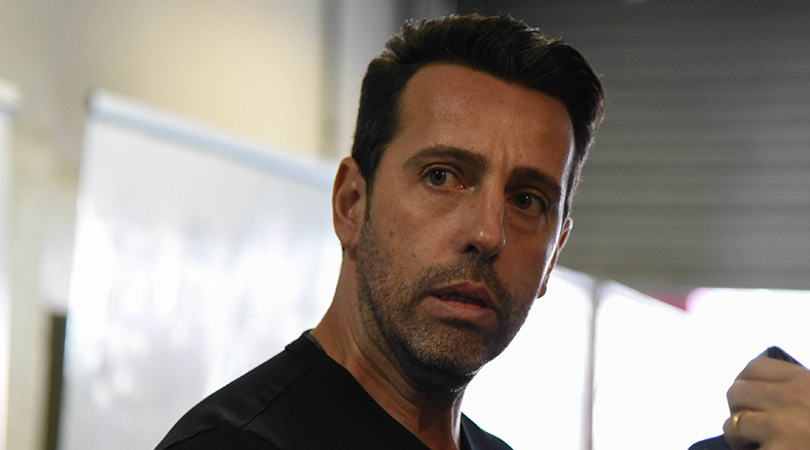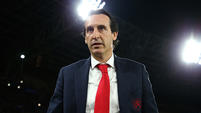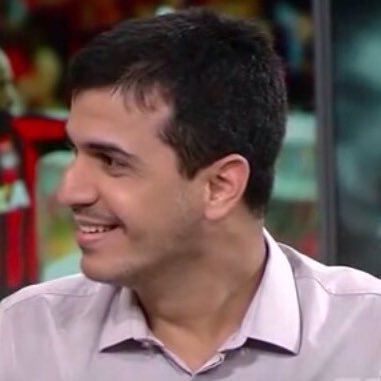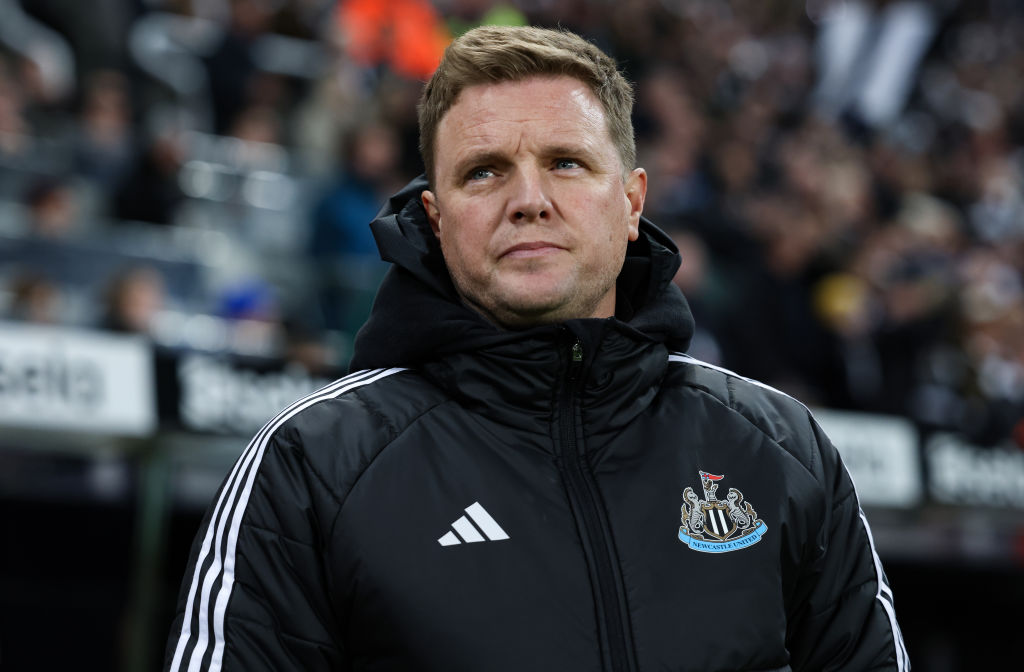Edu at Arsenal: why Brazil’s general manager arrives with baggage in north London
The former midfielder has agreed to return to north London – but what can Gunners expect from their new (old) man?

In mid-July 2000, Edu Gaspar arrived at Heathrow airport alongside his compatriot Sylvinho to sign for Arsenal from Corinthians. After an 11-hour flight to London, he was exhausted and didn't want to go through the immigration line for non-EU members.
Instead, he decided to leave his Brazilian passport – which he'd used to check in for the flight – inside his suitcase, and use his Portuguese one to avoid spending much time waiting.
It didn't work: Heathrow officials him held for more than three hours because his inconsistent documentation had raised doubts. Eventually, he was refused entry to the UK and forced to book a return flight to Sao Paulo right away.
Back then, Edu was a young man – just 22. He’s now 41, much more experienced after a successful career on the pitch, and had until this month working as general manager of the Brazil national team.
His last mission with the five-time world champions has been landing them a 12th Copa America title, with victory achieved for the first time since 2007. He has already undergone immigration checks at Heathrow and returned to north London – this time much more successfully.
Having made 127 appearances for the club between 2001 and 2005, including 30 Premier League outings during Arsenal’s 2003/04 undefeated campaign, Edu's arrival as the Gunners' new technical director has been a long time in the making.
According to sources close to the former central midfielder, FFT understands that a deal was sealed and communicated to the Brazilian FA early in March, before the national team's friendlies against Panama and Czech Republic. Since then, he has asked colleagues to brief him about Arsenal’s situation and got to know Unai Emery’s group better.
Get FourFourTwo Newsletter
The best features, fun and footballing quizzes, straight to your inbox every week.
Among other things, Edu also approved the signing of Brazilian teenager Gabriel Martinelli from minnows Ituano. The 18-year-old was named the Sao Paulo State Championship's best newcomer and became the club’s first recruit of the summer a week ago.
Edu will have been more pleased than most that his beloved Seleção came away with the trophy on home soil.
The chance to reunite with Arsenal came at a moment when his work had been under the most scrutiny since he took the job in June 2016. His appointment was not greeted with widespread approval back home, due to the fact it had been a suggestion from coach Tite – the duo used to work together at Corinthians. In a way, it meant that Brazil’s boss got to pick his own chief.
But helping take the team to sixth place in the South American standings and guiding them to Russia 2018 by winning nine consecutive games – finishing 10 points clear at the top of the table – was everything Edu could have hoped for in his first few months.
He was praised by players for improving travelling conditions, had the financial backing to spend whatever money he needed to not let a sixth World Cup win escape Brazil, and built one of the biggest coaching teams the country had ever had. For the first time in a while, there was nothing anyone could complain about when it came to support.
But Brazil were unable to emulate their displays from qualifying and were sent home in the quarter-finals against Belgium. The honeymoon was over.
Folha de Sao Paulo, Brazil’s main newspaper, reported that players’ relatives complained to Edu about Neymar’s family privileges – while 120 of them had to stay in other hotels around Sochi, the PSG ace’s closest ones were allowed to book rooms inside the team’s camp. When Edu mentioned the protests to Neymar Snr., he allegedly threatened him by saying he'd better win the World Cup – or he would have him replaced by Palmeiras’s Alexandre Mattos. There were also reports of Neymar Snr. bringing women into the hotel and having a party. When asked if he could confirm it, he repeatedly responded that the party had been with “the reporter’s mother”.
Before Russia, Edu had always been available to chat with journalists in informal conversations. However, with pressure growing during the World Cup campaign, he disappeared and only returned once his presence demanded by the media following the 2-1 loss to Belgium.
But how he wished he'd never agreed to speak that day.
“From the moment I started to live with Neymar more, I saw that it's not easy being him,” he began of Neymar. “He's a boy. Oh no, not a boy, I'm sorry about the term. He stopped being a boy,” he spluttered, while rushing to correct his words. “It’s not easy being Neymar... it’s difficult being in Neymar’s shoes at times.”
It was regarded as one the national team's worst press conferences in recent times – ranked straight behind the one that followed the 7-1 thrashing to Germany in 2014.
Besides all of that, Edu was also heavily criticised for failing to find strong teams for Brazil to play in friendlies – although arguably that also had a lot to do with commercial partners, Pitch International. He was also responsible for overseeing all age groups as well, but under his command the country’s youth national teams have never been so neglected.
Arsenal fans may appreciate the return of a familiar face in trying times, but Edu does not arrive without baggage at the Emirates Stadium. Picking up the right passport is a good start this time, at least.
While you're here, why not take advantage of our brilliant new subscribers' offer? Get 5 copies of the world's greatest football magazine for just £5 – the game's greatest stories and finest journalism direct to your door for less than the cost of a London pint. Cheers!
NOW READ
OPINION Why Arsenal and Crystal Palace’s valuations of Wilfried Zaha are BOTH right
EXPLAINED How VAR will be used in the Premier League in 2019/20
Marcus Alves is a freelance journalist based in Lisbon and has written for FourFourTwo since 2012. He can also be found at BBC Sport, the Telegraph, Kicker and Yahoo. A former ESPN reporter, he covered 12 games in 15 days during the 2014 World Cup in Brazil, but can barely remember any of them. He blames cachaça for that.


